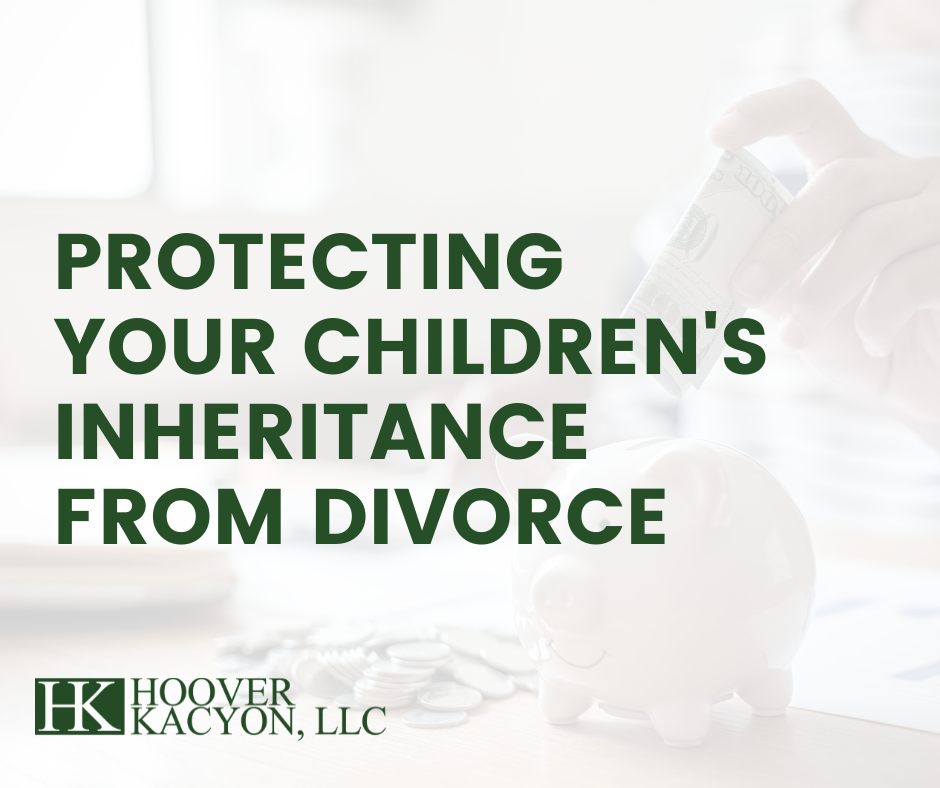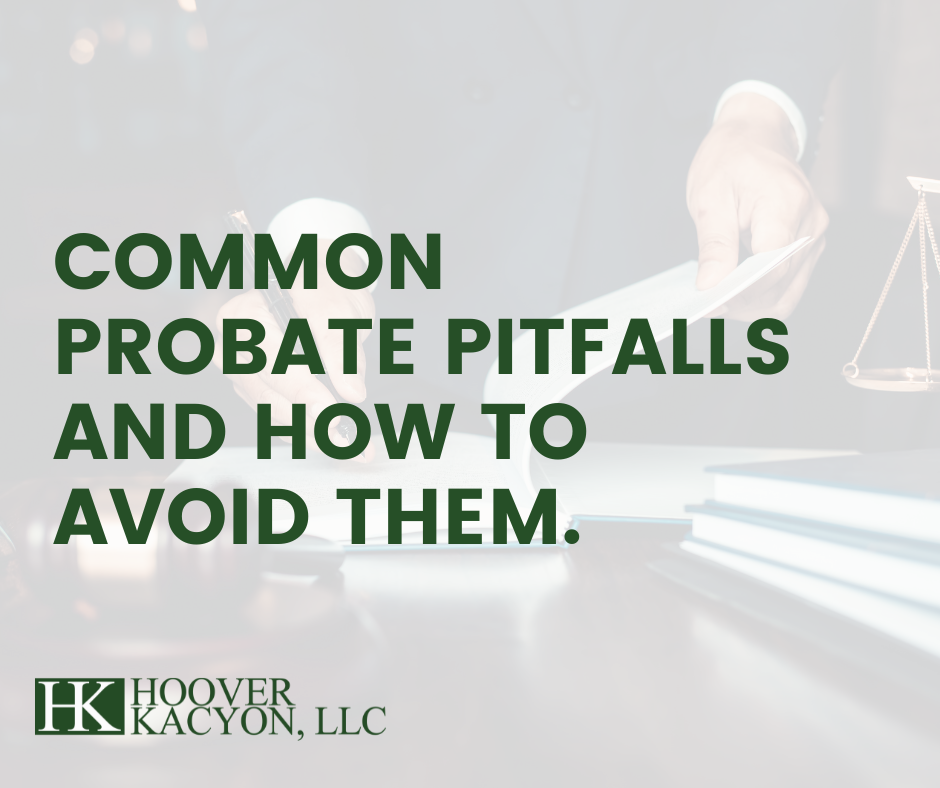Divorces bring hurdles and emotional turmoil. High-asset divorces are a unique challenge with more at stake. High-asset divorces are usually defined as divorces with over $1,000,000 in liquid assets, substantial business or real estate ownership, substantial investment account holdings, or combined annual incomes above $750,000. With these kinds of assets on the line, these are not "run of the mill" cases and should be handled by an attorney with added experience, credentials, and experience in these matters. Attorneys with education and experience in high-asset divorce cases know the following 10 mistakes to avoid in a high-asset divorce, as listed below.
1. Rushing to the courthouse:
Absent matters of financial misconduct or secreting of assets or marital funds, opting for a private negotiation with a skilled mediator can help avoid public litigation and achieve a fair settlement, as exemplified by high-profile cases like Bill and Melinda Gates. With high-net-worth individuals, privacy is even more important, and having an attorney experienced in avoiding litigation when it best benefits a client is key. Divorce mediation and dissolution of marriage proceedings present a more cost-effective and efficient alternative that allows for greater control over settlement terms, resulting in higher satisfaction rates and reduced chances of future legal disputes. Research shows that divorcing spouses who opt for mediation and/or dissolution also report higher compliance rates and fewer post-divorce conflicts than those who go through adversarial litigation in court.
2. Entitlement During Negotiations:
Feeling like your efforts during your marriage need to be reflected in your settlement may harm the process and are contrary to Ohio law. Acknowledging the contributions of both spouses can lead to a fairer division of assets and a more amicable divorce process because Ohio statutes are clear that any assets accumulated during the marriage are considered to be the joint effort of both spouses. Because of this, it's crucial to avoid entrenched positions driven solely by a sense of entitlement to preserve the assets both parties worked hard to accumulate for the benefit of the family (and not spending it all on divorce lawyers!).
3. Poor Choice of Divorce Attorney or Law Firm:
Opting for a "one size fits all" approach in choosing your legal representation can lead to being mismatched by a more skilled opposing counsel. Whether you want to settle your case quickly and amicably or desire more aggressive litigation, you need a lawyer and legal team who know the law well and have experience in your particular court system and the specific issues that are most important to you. For example, a general practitioner will not be as intimately aware of new and emerging issues in family law as someone who focuses the entirety of their practice in this specific field.
4. Hiding or Not Disclosing Assets:
During the divorce, you'll undergo a discovery process, where you disclose all your financial details, and your spouse will be required to do the same. Hiding or failing to disclose assets can have a disastrous outcome for the person engaging in such activity, which courts call "financial misconduct. Sometimes, forensic accounts are necessary to help discover the financial misconduct of an opposing party.
5. Forgetting About Estate Planning:
Wealthy couples often allocate assets for their children's future, but during a divorce, these funds can become a point of contention. Often, these matters can be resolved with adequate estate planning during and combined with the divorce process to ensure the assets are passed down to the next generation of family members.
6. Expecting Inheritances:
For high-asset couples, assuming future inheritances during divorce negotiations can lead to significant financial complications. While one spouse may anticipate an inheritance, there are no guarantees, and basing property division or spousal support agreements on potential inheritances can prolong disputes. Discussing how inheritance or potential inheritance may come into play when divorcing with a divorce professional early on is crucial to navigating such complexities effectively.
7. Not Considering Tax Implications:
With high-asset divorces come additional worries and tax implications, such as capital gains on selling real estate or liquidating investments. These matters can significantly impact asset division. Timing your divorce filing can also affect tax liabilities, making it essential to work with a divorce professional who understands these complexities and how to best navigate them to keep as much money in your pocket as possible and out of the hands of the government.
8. Not knowing the complexities associated with child and spousal support:
Child support guidelines in the U.S. can be challenging for high-income earners or self-employed individuals due to upper-income limits and variable income components. Ohio amended its child support rules in June 2023, but the spousal support laws have not been amended in nearly twenty years. Negotiating expenses beyond basic needs like food and shelter, such as car insurance or private school, becomes essential for divorcing parents, especially in high-income families with higher extraordinary costs. Specific factors for high-earning individuals also come into play post-divorce lifestyle expectations, varied compensation structures, and employment risks unique to high-level employees. Parties in high-net-worth divorces must consider these complexities and plan for future changes to avoid future court disputes years after the divorce has been finalized.
9. Lack of Financial Planning:
Typically, one spouse in high-asset cases manages household finances and understands the costs associated with maintaining their lifestyle, while the other spouse has less knowledge of the family's finances. The other spouse must become financially informed to avoid unrealistic settlement demands and prolonged, costly divorce proceedings that hinder reaching a negotiated settlement. After divorcing, however, both parties must change their lifestyles to understand their finances and how their former spouse's finances may continue to impact theirs. Having an attorney who can help navigate financial planning and make referrals to financial planning specialists can bring added security to someone in their post-divorce era
10. Misinformed expectations:
High-net-worth couples can divorce amicably by prioritizing their children's well-being, engaging in full financial disclosure, and negotiating with mutual respect. This approach preserves wealth and leads to a peaceful resolution that benefits everyone involved. However, this is not the case for everyone. Hiring a law firm familiar with high-asset divorce proceedings and splitting of property will significantly impact how you are protected and your future. No matter how complicated or complex your divorce might be, the Hoover Kaycon Attorneys at Law serving Akron, Cuyahoga Falls, and Fairlawn are here to answer your questions and help you through the process. We promise we know much more about this than your sister's neighbor's cousin!
At Hoover Kacyon, LLC, we deliver the highest quality legal representation from a team of professionals while also providing excellent customer service. Call us at
330-922-4491 or
contact us online to make an appointment.
Recent Posts









YOU MIGHT ALSO LIKE









